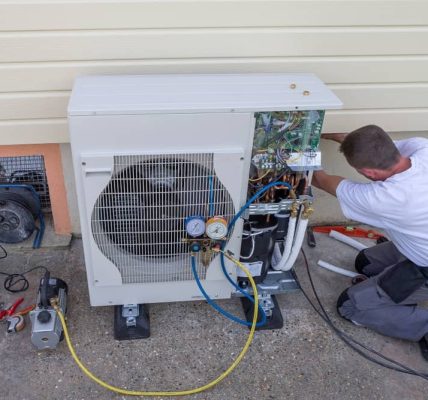The hospice market in Dallas has traditionally focused on same-day admission as a key competitive advantage, emphasizing rapid patient intake to meet urgent care needs. While this approach addresses immediate demands, it is no longer sufficient for sustainable growth in an increasingly complex healthcare environment. Providers must look beyond same-day admission and develop new strategies that enhance patient experience, improve operational efficiency, and expand service offerings. One effective method involves integrating advanced technology to streamline processes from referral through discharge. Electronic health records (EHR) systems tailored for hospice care can facilitate better communication between multidisciplinary teams, ensuring timely updates and coordinated care plans. This integration reduces errors and improves overall quality of care while freeing staff to focus more on patient interaction rather than administrative tasks.
Another critical strategy is strengthening community partnerships and outreach programs. Building relationships with hospitals, nursing homes, primary care providers, and senior living communities creates a steady referral pipeline while raising awareness about hospice dallas benefits earlier in the disease trajectory. Educational initiatives aimed at both healthcare professionals and families help demystify hospice services, encouraging earlier engagement that can improve symptom management and quality of life for patients. Additionally, expanding bereavement support beyond traditional timeframes offers families ongoing emotional assistance after the loss of a loved one-an important factor in differentiating providers within the Dallas market.
Diversification of services also plays a significant role in driving growth. Offering specialized programs such as pediatric hospice care or culturally sensitive services tailored to Dallas’s diverse population meets unmet needs while positioning organizations as leaders in inclusive end-of-life care. Telehealth capabilities have become increasingly relevant; virtual consultations enable continuous monitoring without necessitating frequent home visits, which can be especially beneficial for rural or mobility-challenged patients within the metropolitan area.
Operational improvements centered on staff development contribute to long-term success as well. Investing in training programs enhances clinical competencies and fosters employee satisfaction-both crucial elements given the high burnout rates common among hospice workers nationwide. Encouraging interdisciplinary collaboration promotes innovation by allowing nurses, social workers, chaplains, and physicians to share insights that lead to holistic treatment approaches.
Finally, data analytics offers valuable insights into patient outcomes and resource utilization that inform strategic decision-making at every level of management. By analyzing trends related to admissions timing beyond just same-day cases or evaluating patterns in symptom control effectiveness across different demographics within Dallas County populations, providers can tailor interventions more precisely.
In conclusion, growth opportunities extend far beyond simply admitting patients quickly upon referral; embracing technology integration, community engagement efforts, service diversification including telehealth expansion combined with workforce investment plus data-driven management collectively set the stage for thriving hospices capable of meeting evolving demands throughout Dallas’s dynamic healthcare landscape.
Homage Hospice
8204 Elmbrook Dr #276, Dallas, TX 75247
469-625-0705




